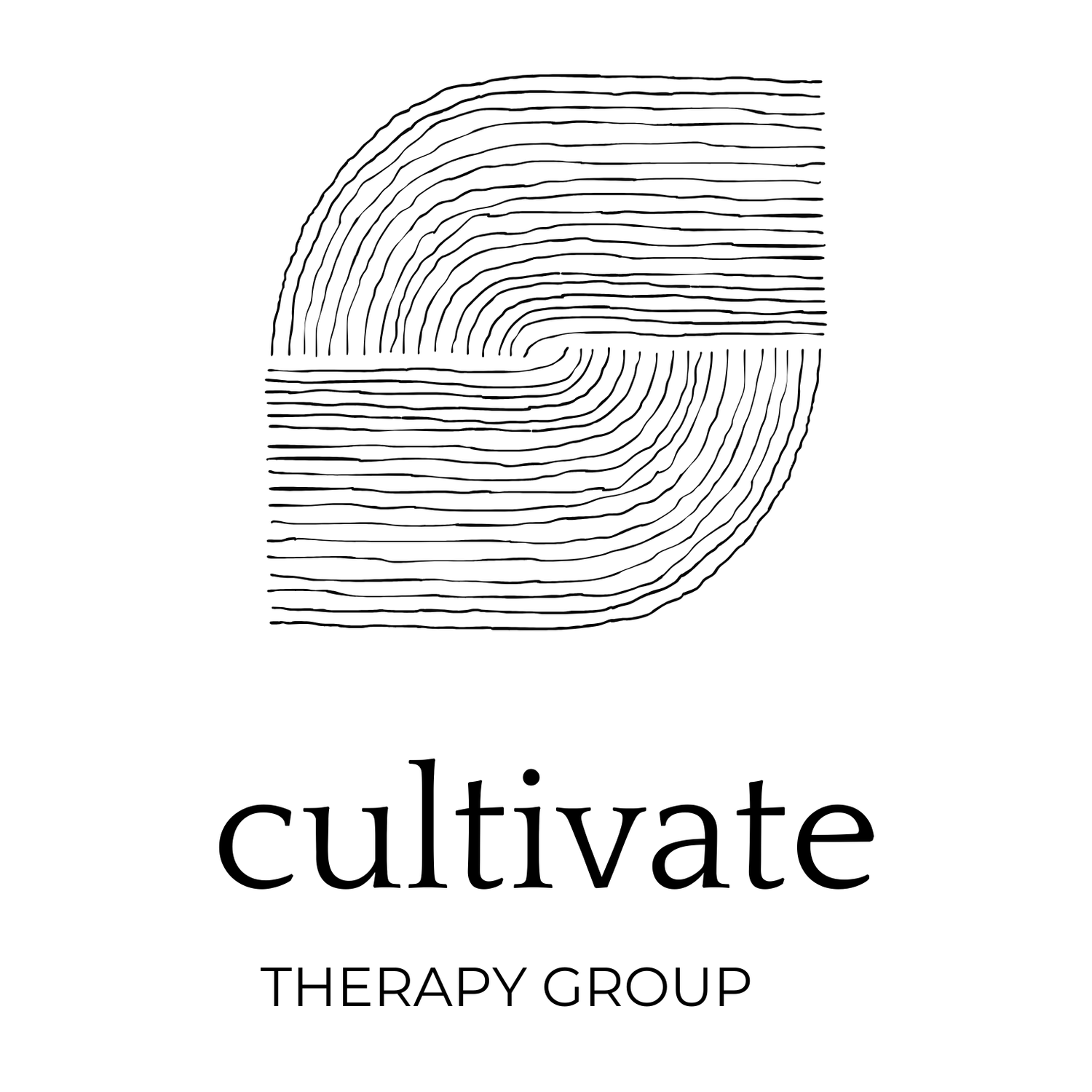
A Bay Area Therapist’s Top Sex & Sexuality Book Recommendations
Merely attending a 50 minute session each week isn’t going to magically change your life. The winning combination is a willingness to do the work both in AND out of session. Adding some therapy books for processing is a great way to assist your growth. Here are a therapist's top recommended books about sex.
Why You Should Unfollow Your Ex on Social Media
Break-ups suck. Every little thing reminds you of him. You constantly have to stop yourself from texting him. You will feel sad for a little while as you say goodbye to the relationship and to the dream of your future together. Getting over an ex is hard enough, there is no need to make it more painful. So please, do yourself a favor and unfollow your ex on social media.
My Partner Cheated... What Do I Do?
You just found out your partner cheated. You never thought this could happen to you. To add salt to the wound, your go to confidant is now the source of your wounding. You feel crushed, angry, shocked, numb, and completely unsure of what to do next. Do these 5 things and take it day by day.
What are Good Therapeutic Disclosure Questions?
When you discover your partner’s sex or love addiction, you want to want to know everything. This usually yields conversations late into the night, rehashing the past in an effort to seek safety and make sense of the past. I like to call these conversations drive-by disclosure. It is profoundly disorienting to doubt your own history. Enter the formal therapeutic disclosure process, aimed at restoring dignity and providing information so you can make informed decisions about your future. (You can read more about that process here)
Co-Addiction vs. Trauma Informed Treatment for Betrayed Partners
In the early days of sex addiction treatment, clinicians took a copy + paste approach from successful substance abuse treatment protocols and applied it to sex addiction treatment. While some of this was (and remains) helpful for treating addiction, it unfortunately misunderstood and ultimately mistreated the partners in the process. This copy + paste approach left treatment addict-centric while looking to the partner and family for support for treatment rather than understanding the family needs their own support too. It also carried the co-addict or codependent label over to the betrayed partner.

